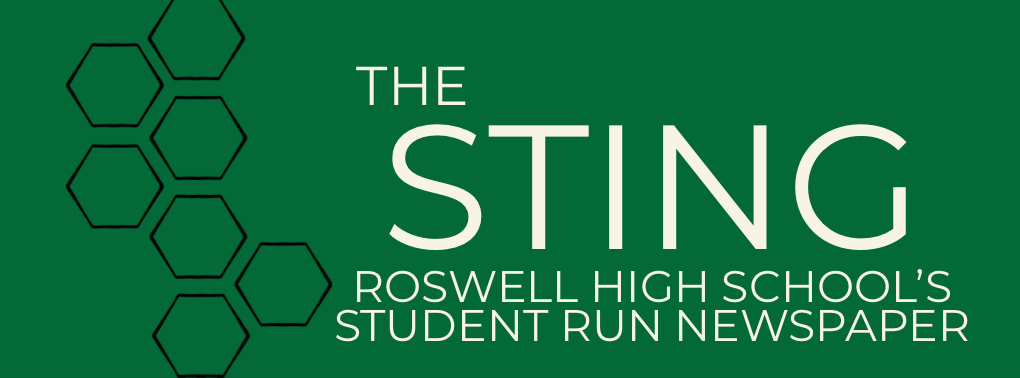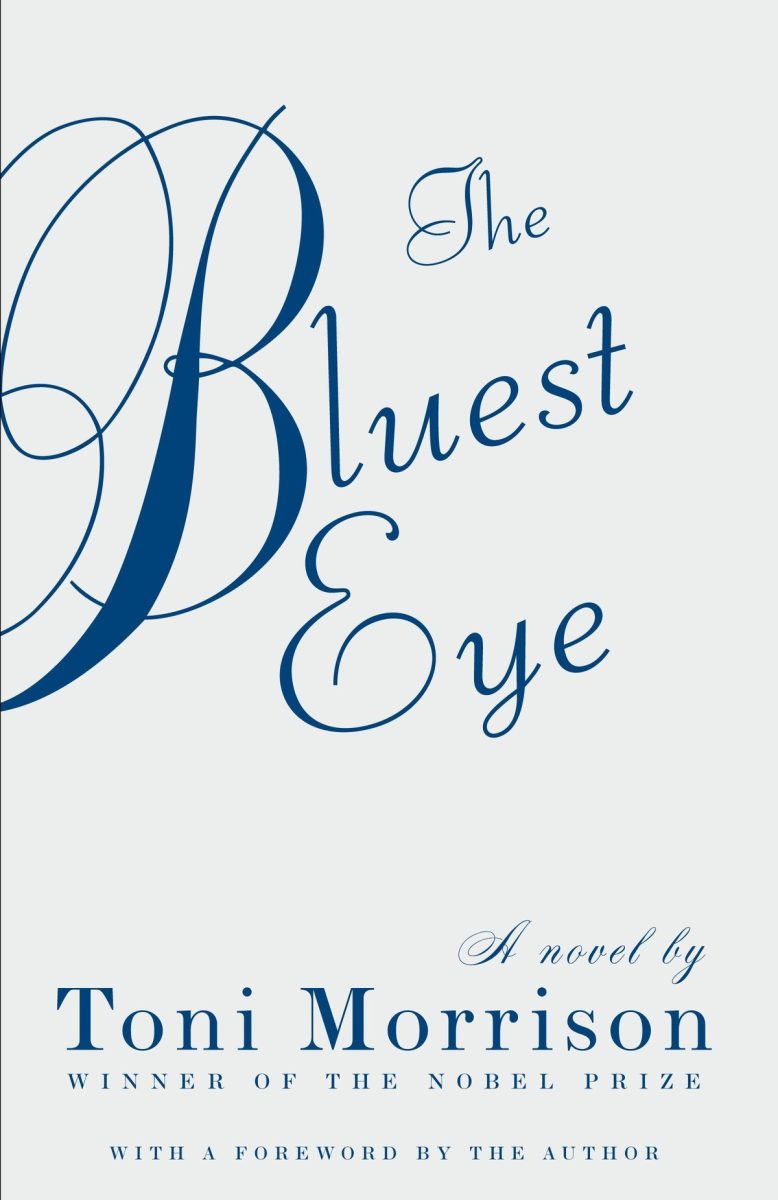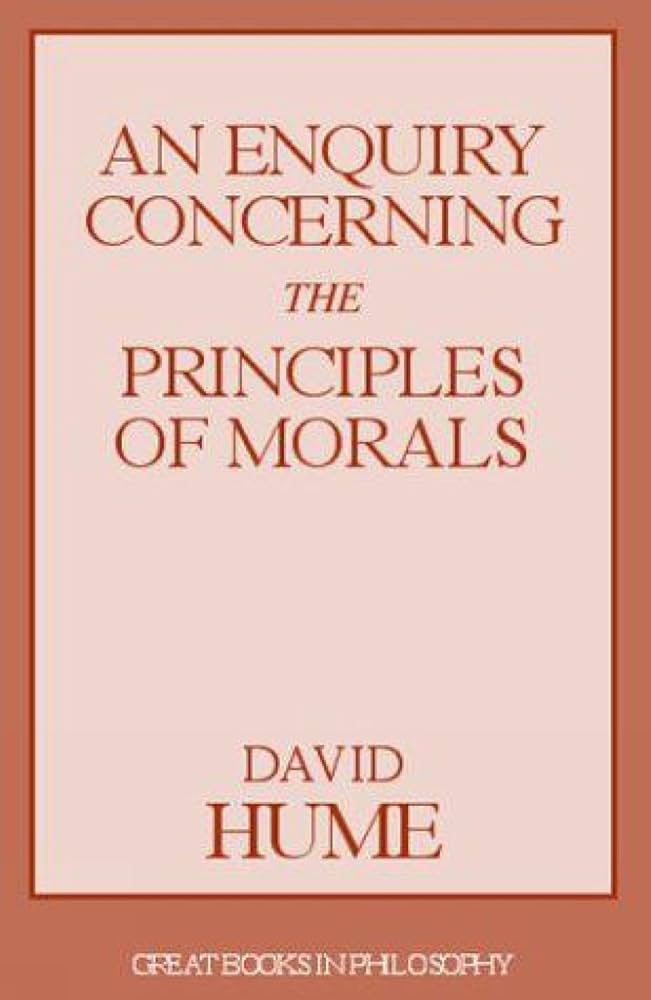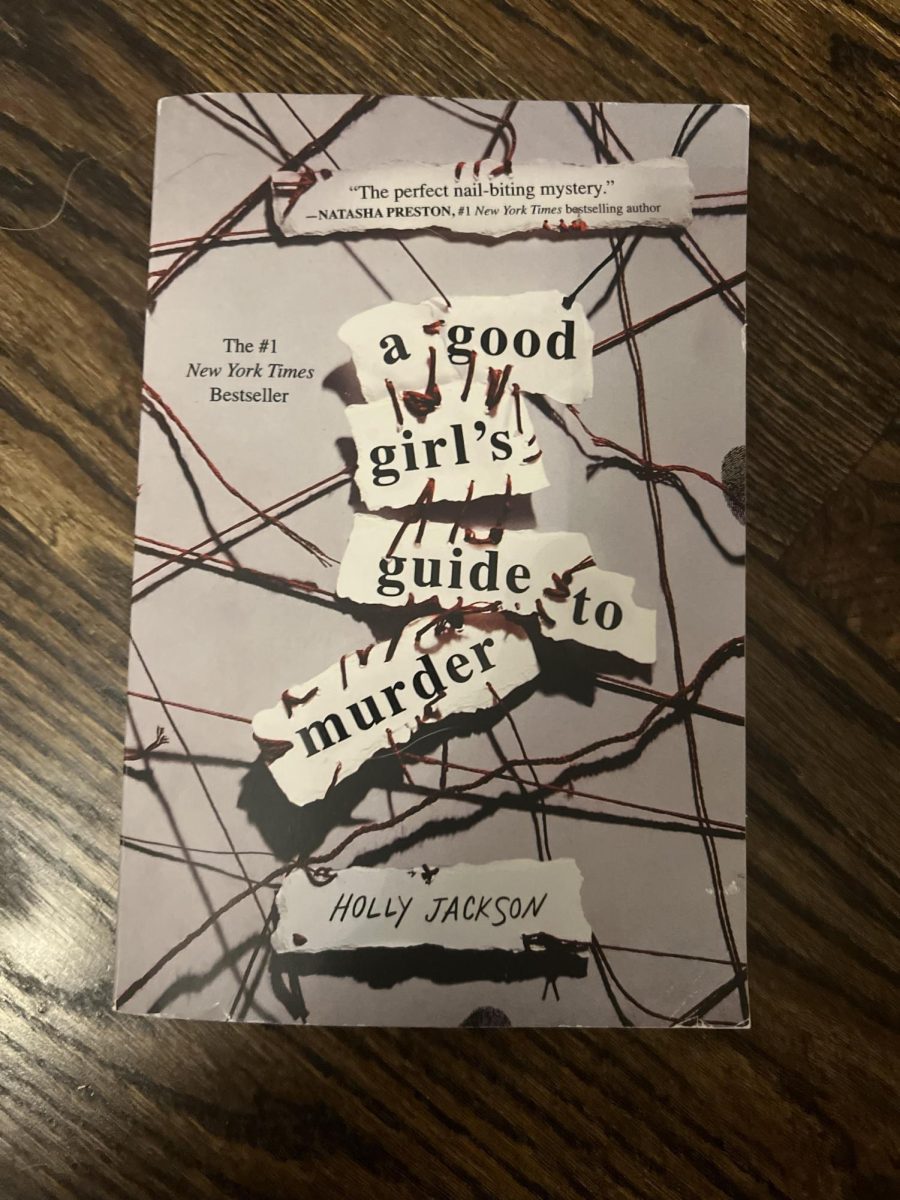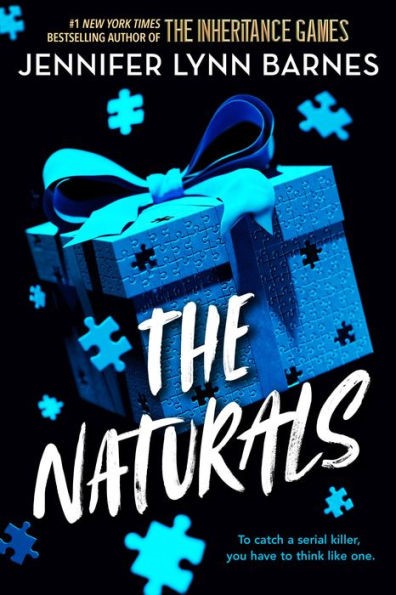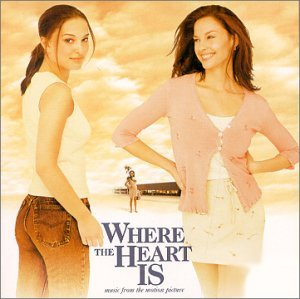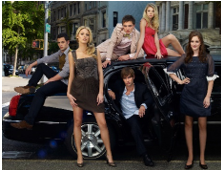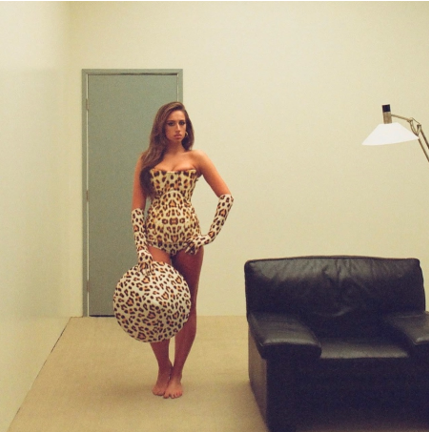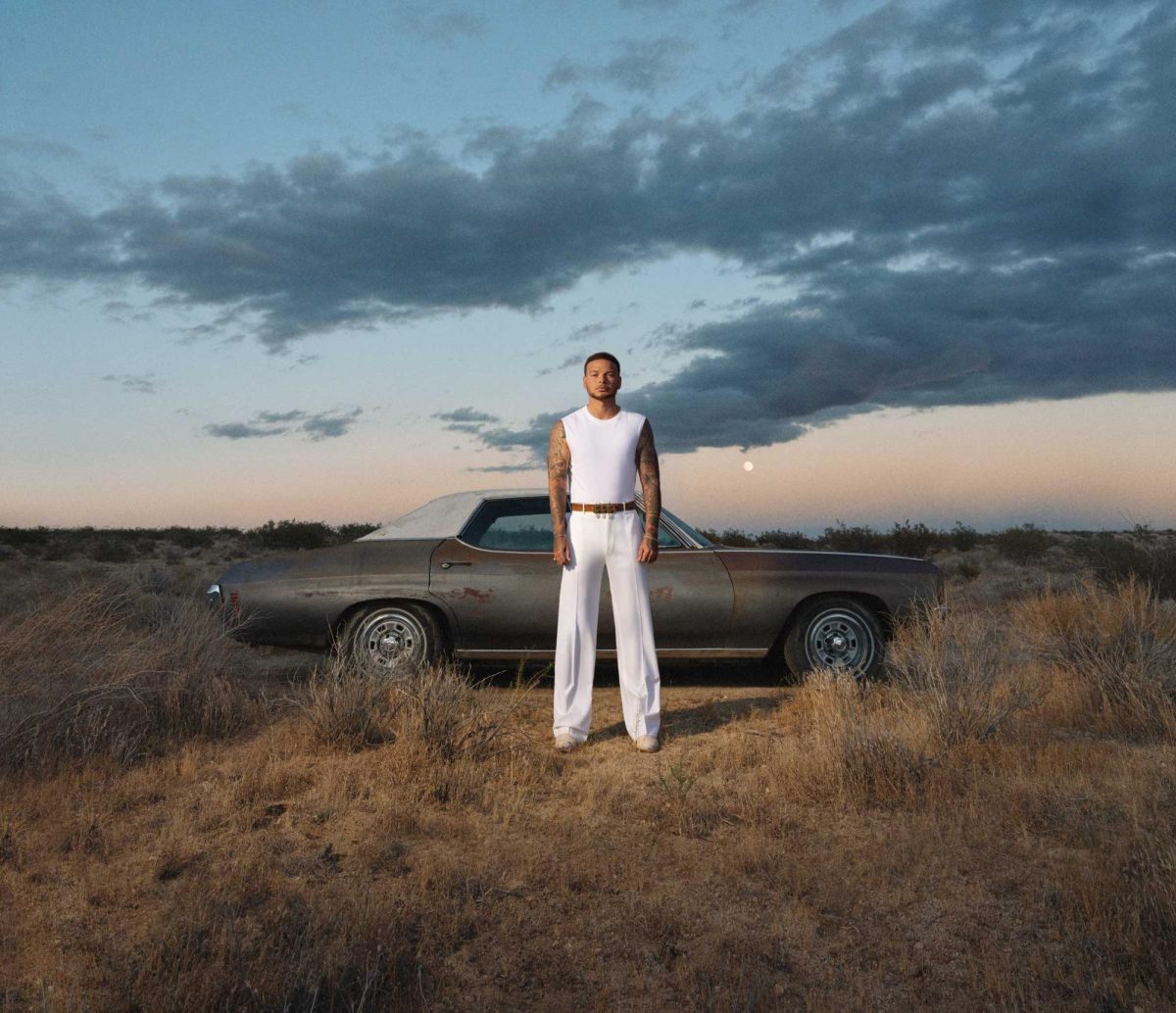As book bans in American schools continue to become more rampant, I cannot understate the value of reading a popular target such as “The Bluest Eye” by Toni Morrison. It follows eleven-year-old Pecola Breedlove’s obsession with blue eyes as a black girl who is alienated by her community mainly due to her appearance and social status. As a result, she associates beauty with whiteness, and beauty with worthiness of love. Her obsession focuses on the blue eyes, because she believes they would change how other people see her and what upsetting sights she must look at.
As her debut novel, “The Bluest Eye” was a huge step forward into Toni Morrison’s journey into becoming one of the most celebrated American authors today. Over 20 years after its publication, she went on to winning the Nobel Prize in Literature during 1993. Unfortunately, PEN America reported that the important novel was the second most banned book of the 2022-2023 school year.
When books with difficult yet real subject matter are stripped from shelves, I question what favor it does for the younger generation. The depictions of racism and child sexual abuse are undoubtably disturbing. However, I felt that it veered from gratuitous territory because of its importance in serving the overarching themes that Morrison tries to communicate.
Despite being published in 1970, her message of the destruction social hierarchies brings to specifically Black girls and women continues to hold up today. I adore novels which give me no choice other than to make connections between what I’ve read on pages and seen in real life. The ending continued to itch at my head days after closing the book. Morrison wrote an uncomfortable story which challenged me to evaluate how I see social standards, alienation, and shame.
Pecola is unsurprisingly the most prominent character, but one of my favorite aspects is that it reads more like a family saga. Morrison breaks off from her and into the narration of her mother father amongst other characters. Some of the characters who are given perspective chapters are despicable, but I find that their inclusion provides more complexity. We can understand the underlying societal reasons of why they are the way that they are while also despising them and without justifying their actions.
On top of everything else, “The Bluest Eye” is plain impressive! Books on the shorter side can be frustratingly underdeveloped in plot, characters, and messages. Meanwhile, Morrison seemingly had no problem with fitting a distressful yet thought-provoking exploration of beauty, race, and family into just over 200 pages. She also does so in prose so incredible, that I found myself underlining passages completely unrelated to the motifs I was tracking for my assignment.
While it may be one of the biggest targets of book bans, which have become especially prominent in recent years, these attempts at exclusion do not stop it from being an extremely impactful read.
